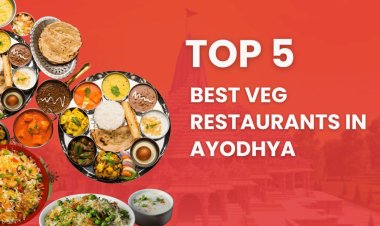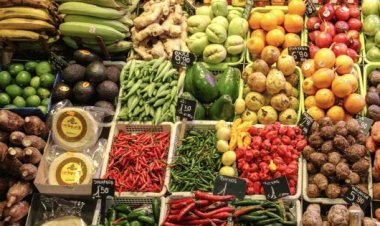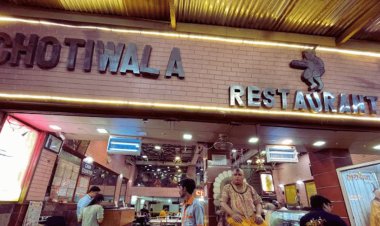Zomato's Commission Rate Hiked From 27% to 33% : Question is Why?
Check the recent increase in commission rates by Zomato and its impact on restaurants. Learn how this decision affects profitability and operations, and explore alternative strategies for the food delivery industry

Zomato, a prominent food delivery platform in India, has recently raised its commission rates from 27% to 33%, causing concern within the restaurant industry. This decision directly impacts the profitability and operations of eateries that partner with the platform. Previously, the commission structure included a 22% basic commission, 1.84% payment gateway charges, and 5% Goods and Services Tax (GST). However, the new commission structure raises the basic commission to 27%, while the payment gateway charges and GST remain the same. This article explores the implications of this decision and its potential effects on restaurants and the food delivery industry as a whole.
According to sources, many Mumbai restaurants have expressed their concerns regarding the high commission rates and the potential difficulties they may face if the rates increase further. To confirm this information, our team reached out to a Zomato Sales Executive.
The Zomato Executive confirmed that the platform has indeed raised its commission rates. However, as part of the updated arrangement, restaurant partners will now benefit from the provision of a dedicated account manager and receive initial marketing clicks. When we inquired about these new additions, some restaurants mentioned that they already had an account manager with the previous commission structure, leaving them puzzled about what exactly is new.
If the reports are accurate, this move by Zomato could have a direct impact on the restaurant business. Particularly after the launch of ONDC, many restaurants have already been transitioning away from Zomato and Swiggy. Therefore, this step by Zomato is unexpected in the current scenario.
The increase in commission rates presents a significant challenge for restaurants, especially small and independent establishments. Higher commission percentages can lead to reduced profit margins, making it increasingly difficult for restaurants to sustain their businesses. This change comes at a time when the industry is already grappling with various challenges, including rising operational costs, delivery logistics, and uncertainties caused by the pandemic. For many restaurants, partnering with food delivery platforms like Zomato has been crucial during the pandemic, enabling them to reach a wider customer base. However, the increased commission rates could further strain the already delicate financial situation of these establishments.
The decision to raise commission rates has evoked mixed reactions within the restaurant industry. While some restaurateurs express concern about the financial implications, others acknowledge the need for platforms to sustain their operations and make investments for growth. Certain industry experts argue that commission rates should be commensurate with the services provided by the platform, such as delivery logistics, customer support, and marketing efforts. Striking a balance between the interests of restaurants and platforms will be vital in fostering a sustainable and mutually beneficial ecosystem.
In response to the increased commission rates, some restaurants may consider exploring alternative options to reduce their reliance on third-party delivery platforms. This may involve establishing in-house delivery services or forming partnerships with local delivery providers. Additionally, restaurateurs could focus on strengthening direct customer engagement through personalized marketing initiatives, loyalty programs, and leveraging social media platforms. These strategies aim to increase customer retention, reduce costs driven by commissions, and cultivate a stronger brand presence.
The recent increase in commission rates by Zomato sheds light on the ongoing dynamics between food delivery platforms and the restaurant industry. While platforms strive for profitability and growth, restaurants seek sustainable partnerships that contribute to their success. Navigating this evolving landscape requires continuous dialogue and collaboration to establish a fair and mutually beneficial ecosystem. It also underscores the importance of exploring innovative solutions and adapting to changing market dynamics.
What's Your Reaction?
 Like
0
Like
0
 Dislike
0
Dislike
0
 Love
0
Love
0
 Funny
0
Funny
0
 Angry
0
Angry
0
 Sad
0
Sad
0
 Wow
0
Wow
0









































































































